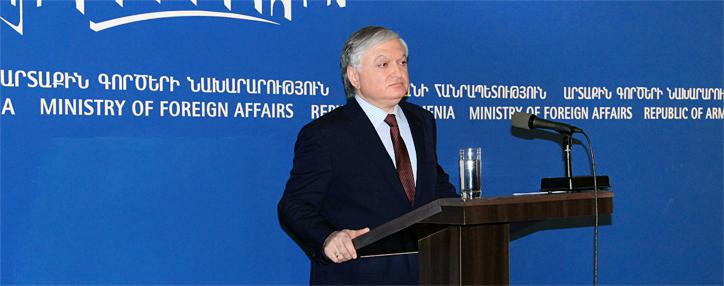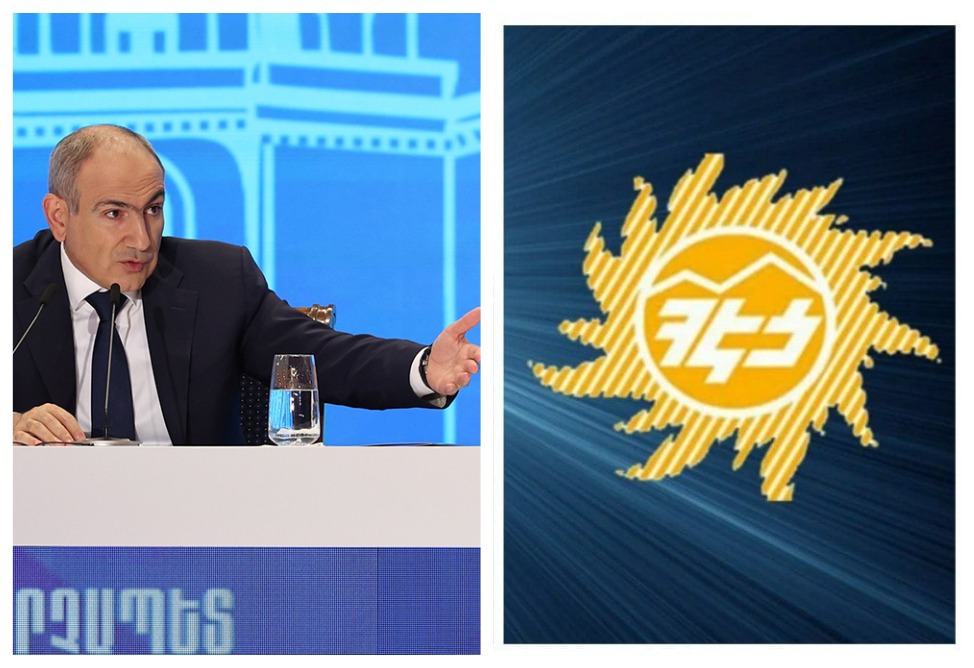Armenian foreign minster leaving for Prague
05.03.2012,
14:34
Armenian foreign minister Edward Nalbandian is leaving today for Prague, the foreign ministry told ARKA. In the Czech capital Nalbandian will take part in an extended meeting of foreign ministers of the Eastern Partnership program, EU High Representative for Common and Security Policy, European Commissioner for Enlargement and Neighbourhood Policy and the ministers of foreign affairs of the Visegrad Four, as well as several European countries.

YEREVAN, March 5 / ARKA /. Armenian foreign minister Edward Nalbandian is leaving today for Prague, the foreign ministry told ARKA. In the Czech capital Nalbandian will take part in an extended meeting of foreign ministers of the Eastern Partnership program, EU High Representative for Common and Security Policy, European Commissioner for Enlargement and Neighbourhood Policy and the ministers of foreign affairs of the Visegrad Four, as well as several European countries.
The Eastern Partnership (EaP) is a project which was initiated by the European Union It was presented by the foreign minister of Poland with assistance from Sweden at the EU's General Affairs and External Relations Council in Brussels on 26 May 2008. The Eastern Partnership was inaugurated in Prague on 7 May 2009. The Eastern Partnership is meant to complement the Northern Dimension and the Union for the Mediterranean by providing an institutionalised forum for discussing visa agreements, free trade deals and strategic partnership agreements with the EU's eastern neighbours, while avoiding the controversial topic of accession to the European Union. Its geographical scope is to consist of Belarus, Armenia, Azerbaijan, Georgia, Moldova and Ukraine.
The Visegrad Group, also called the Visegrad Four or V4, is an alliance of four Central European states – Czech Republic, Hungary, Poland andSlovakia – for the purposes of cooperation and furthering their European integration. The Group originated in a summit meeting of the heads of state or government of Czechoslovakia, Hungary and Poland held in the Hungarian castle town of Visegrad on 15 February 1991. The Czech Republic and Slovakia became members after the dissolution of Czechoslovakia in 1993. All four members of the Visegrad Group became part of the European Union on 1 May 2004.-0-



